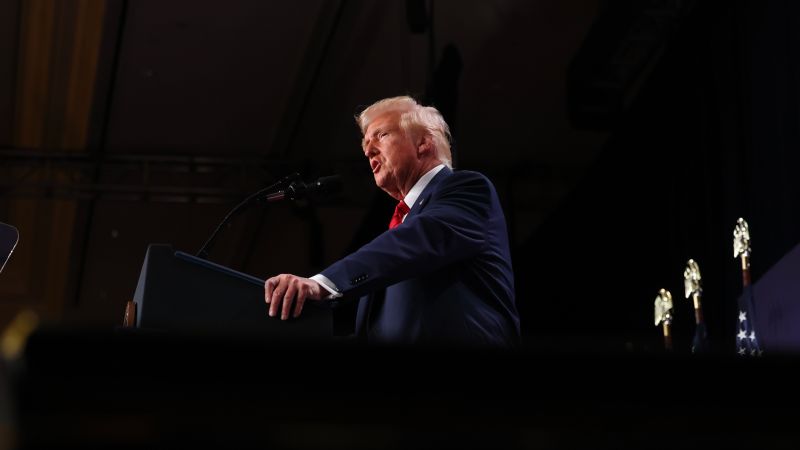Supreme Court Ruling Sparks GOP's DEI Crackdown: Experts Cry Foul

In an intensifying battle against corporate and governmental diversity initiatives, the Trump administration and its supporters are strategically leveraging a relatively recent Supreme Court ruling to challenge equity and inclusion programs across various sectors. Despite the precedent being only two years old and offering minimal direct guidance on workplace diversity, the legal strategy has become a powerful weapon in their ongoing campaign.
The approach represents a calculated effort to dismantle diversity, equity, and inclusion (DEI) efforts by exploiting legal ambiguities and judicial interpretations. By weaponizing this Supreme Court precedent, the administration aims to create significant obstacles for organizations seeking to promote more inclusive workplace environments.
This aggressive stance signals a broader ideological push to reframe discussions around workplace representation and equal opportunity, challenging long-standing efforts to address systemic inequalities in professional settings. The legal maneuver highlights the ongoing tension between traditional workplace structures and contemporary diversity advocacy.
As the conflict continues to unfold, organizations and policymakers find themselves navigating an increasingly complex landscape of legal and social expectations, with the Supreme Court precedent serving as a critical point of contention in the ongoing debate about workplace diversity and inclusion.

